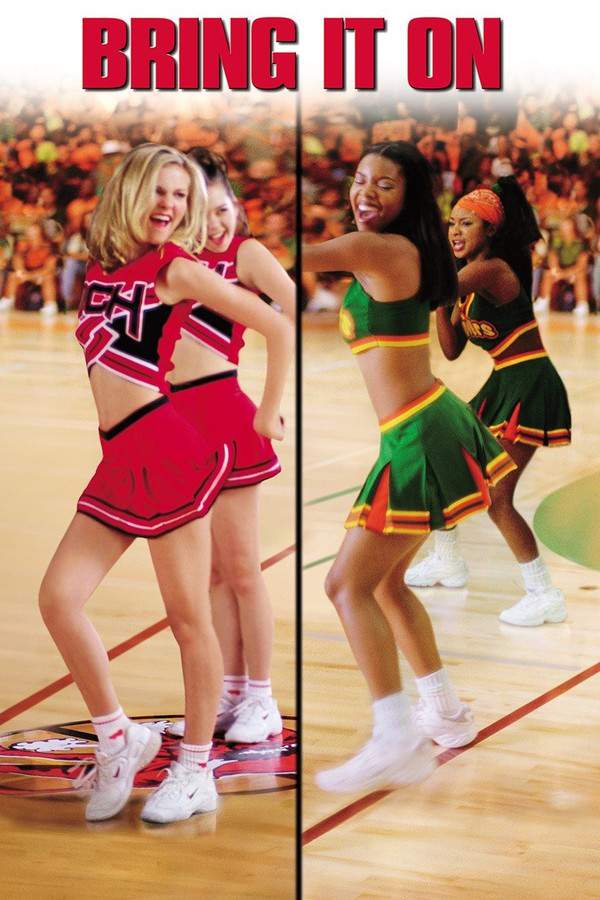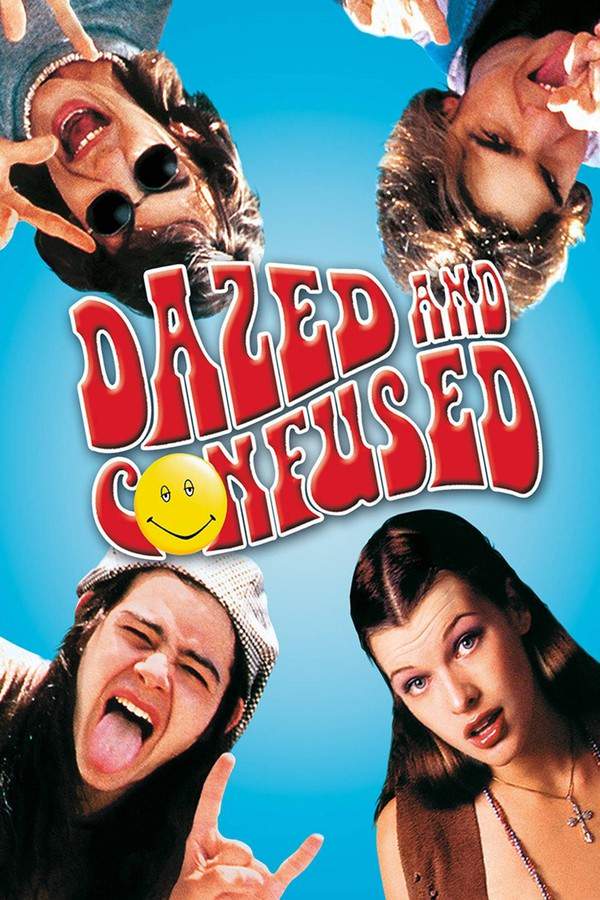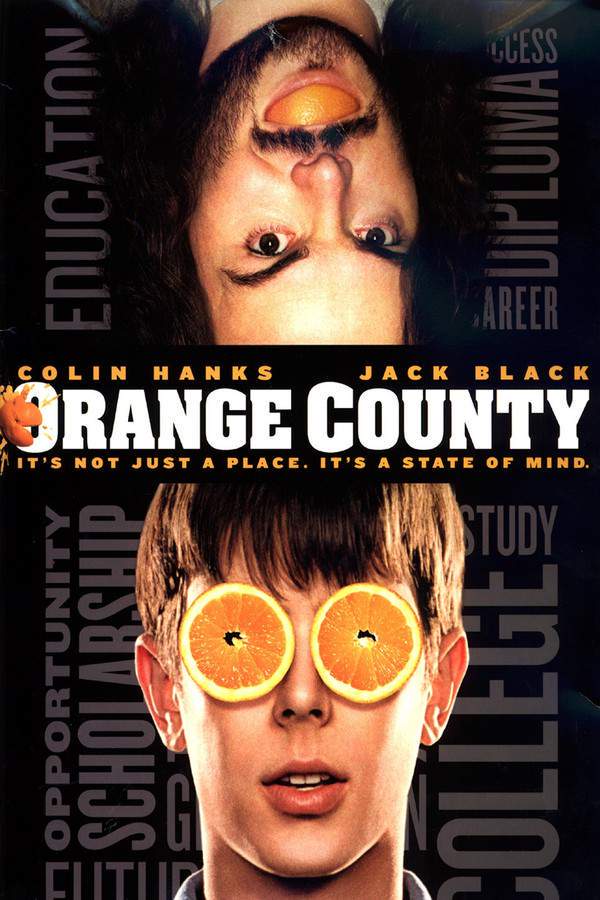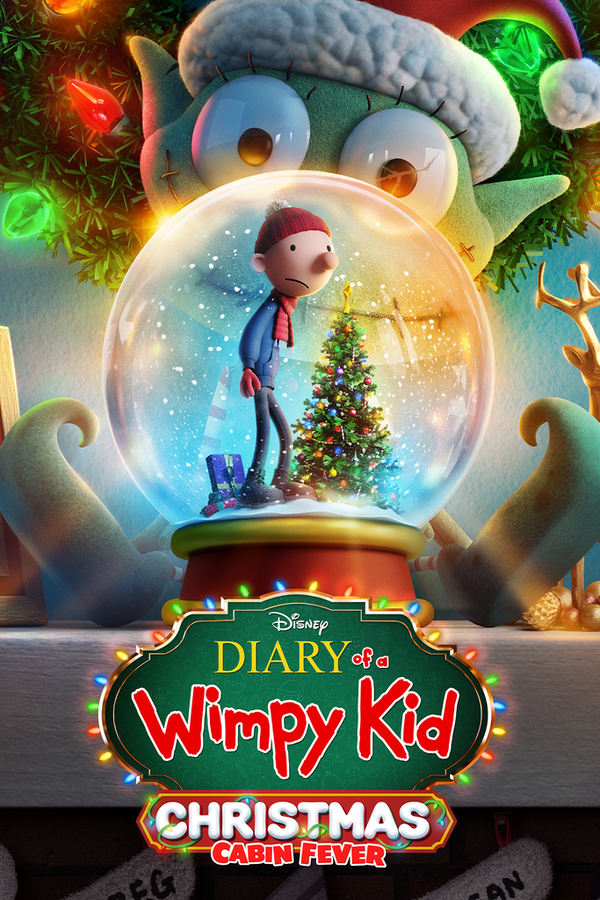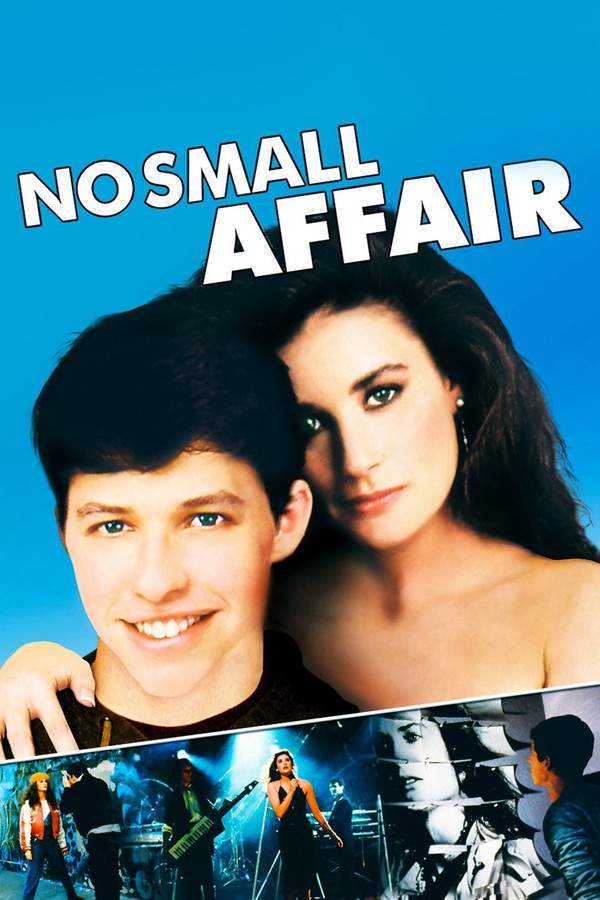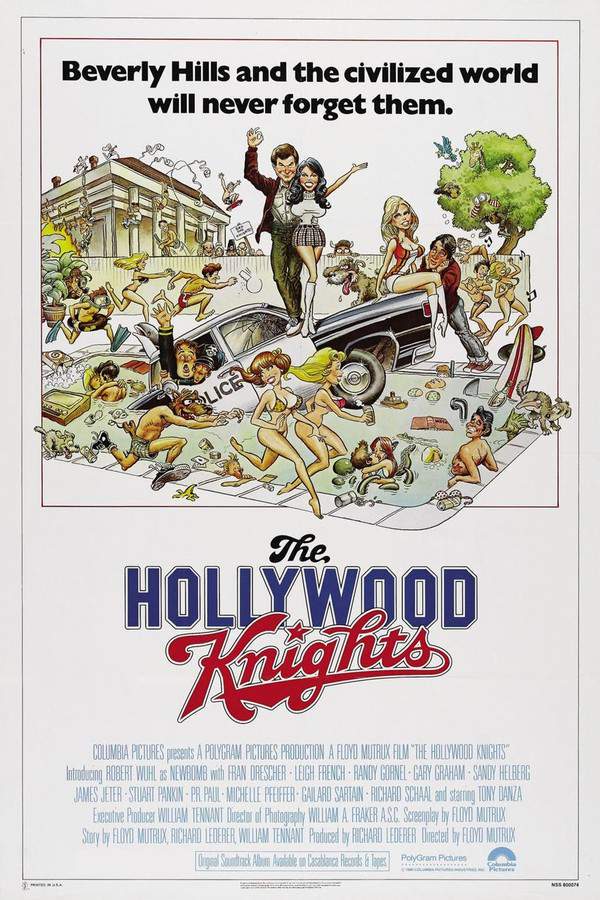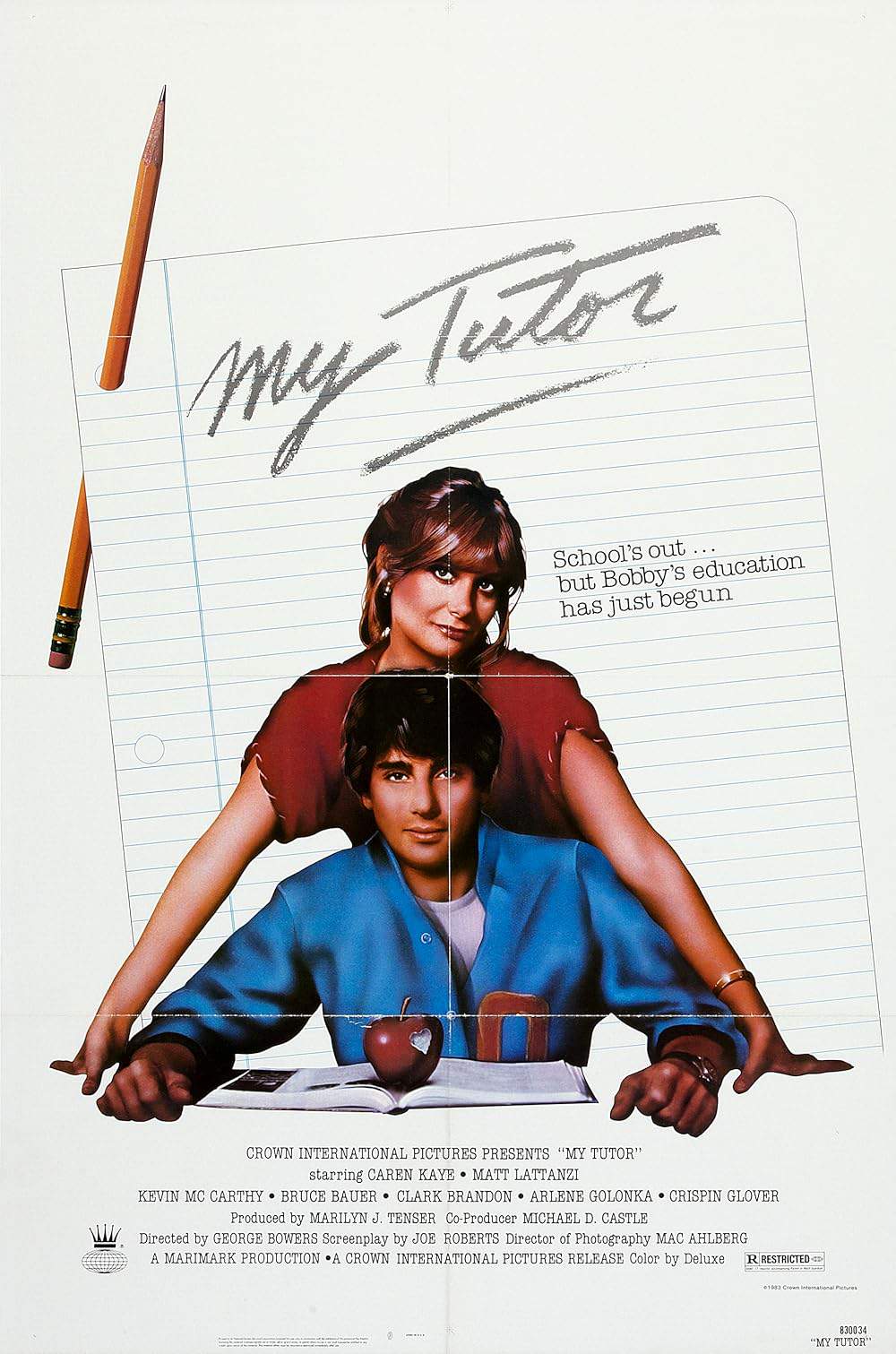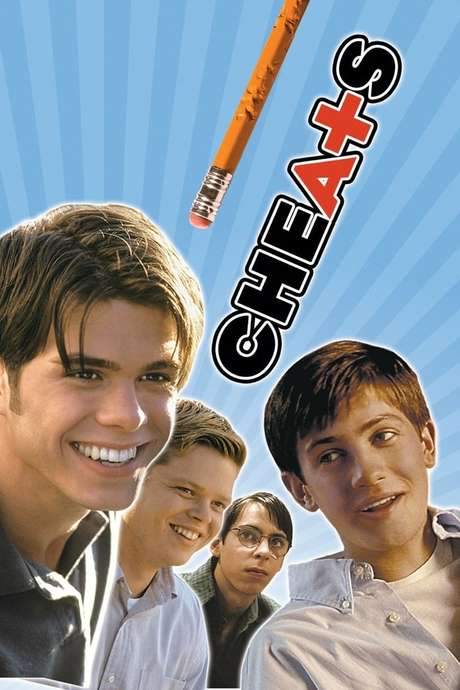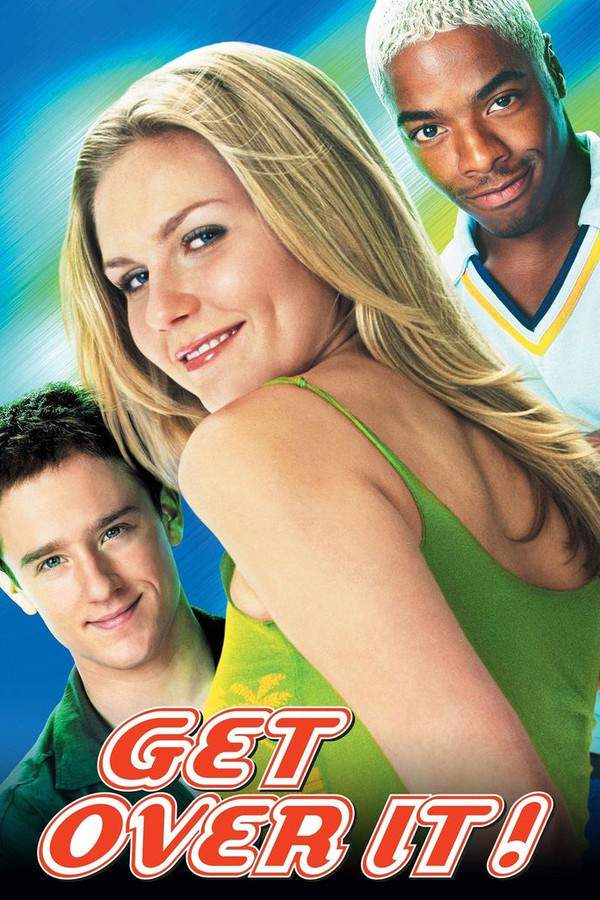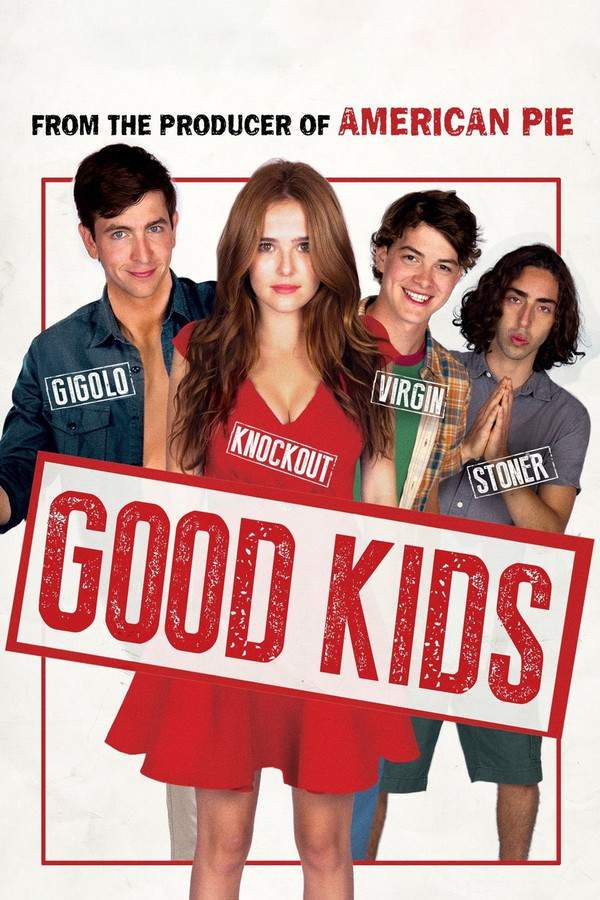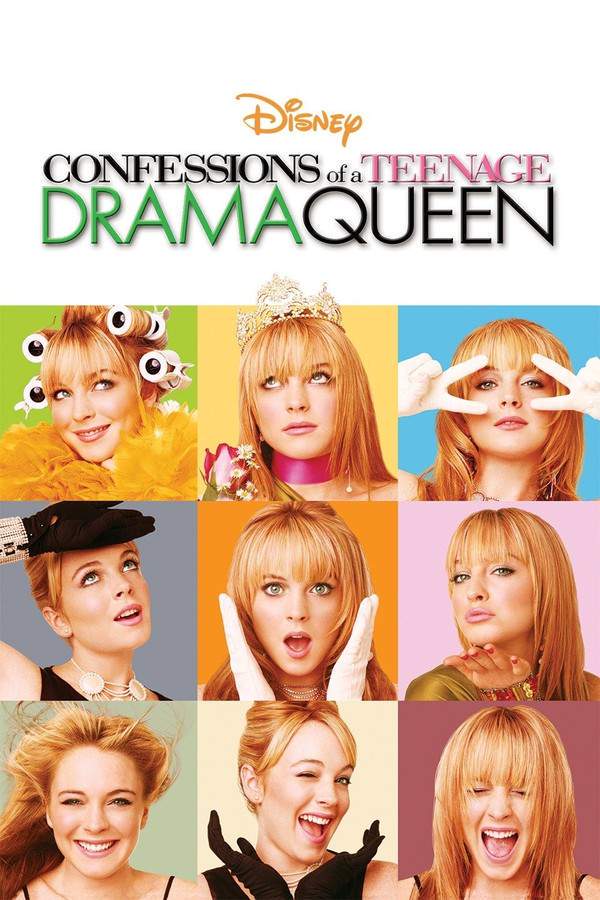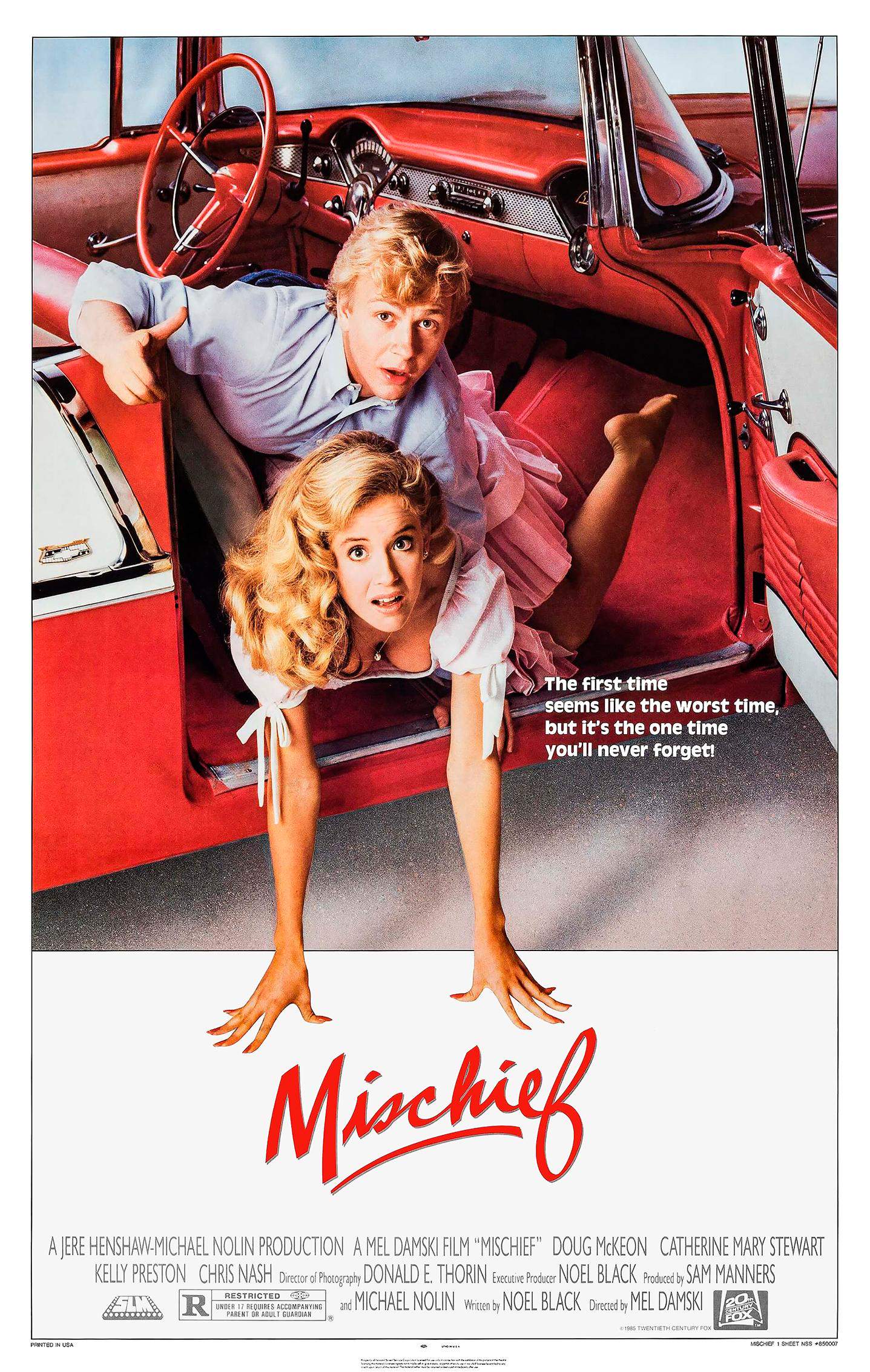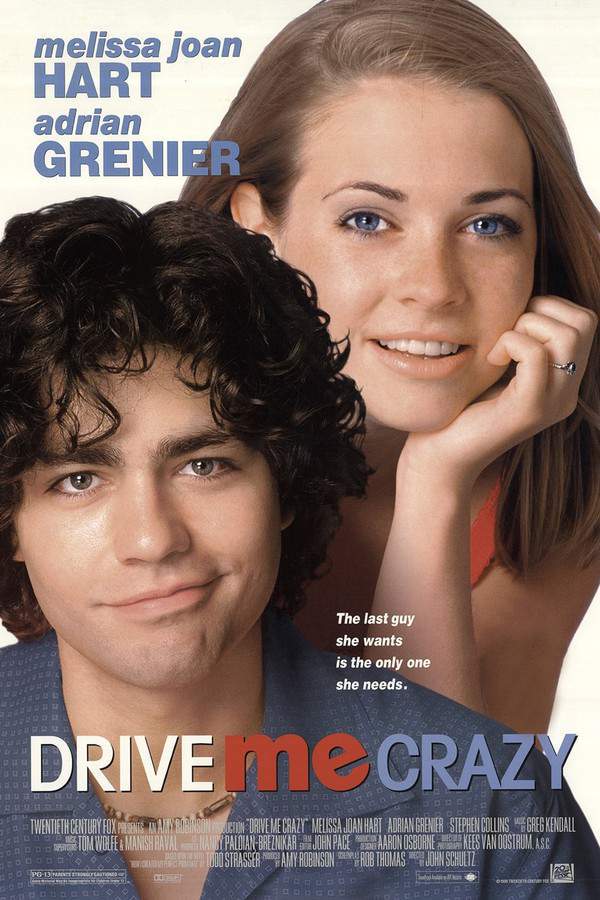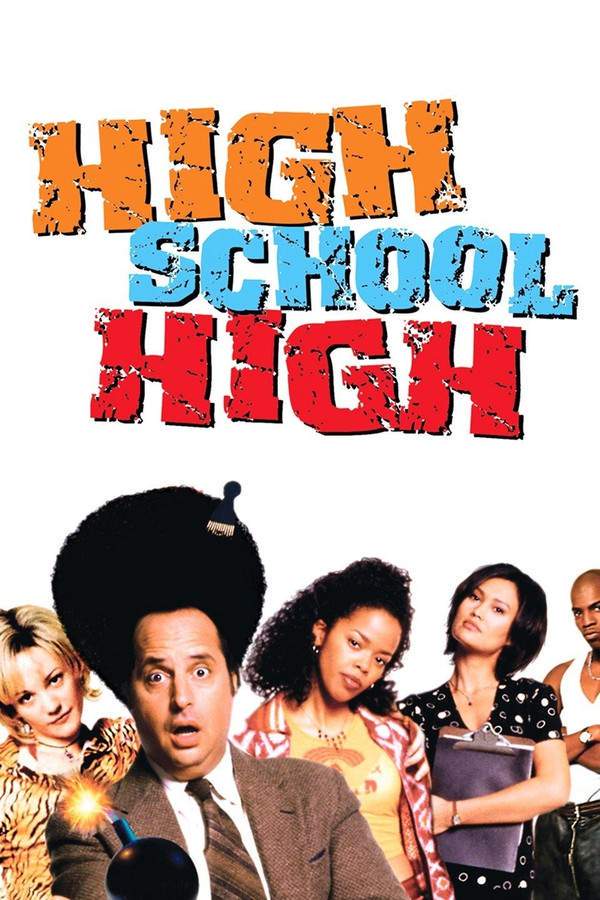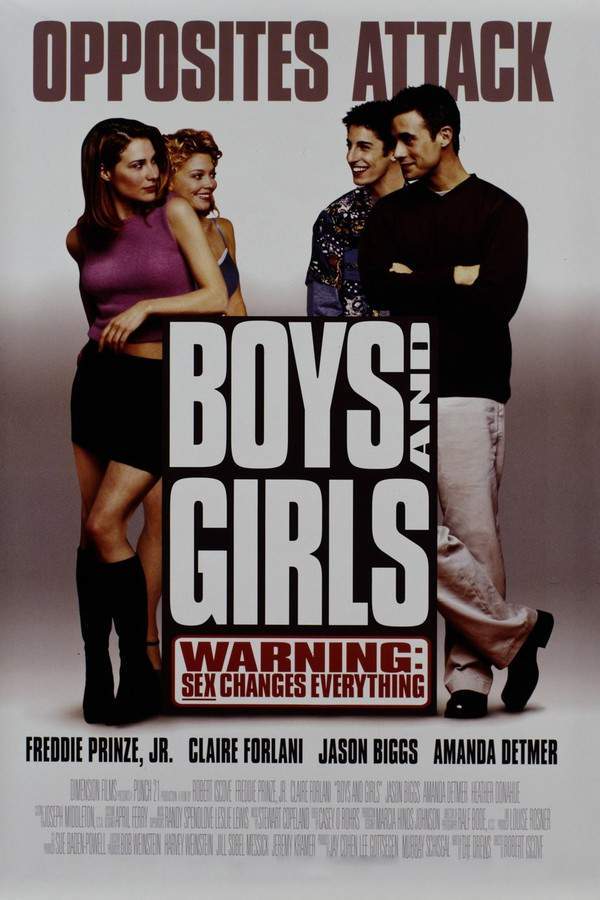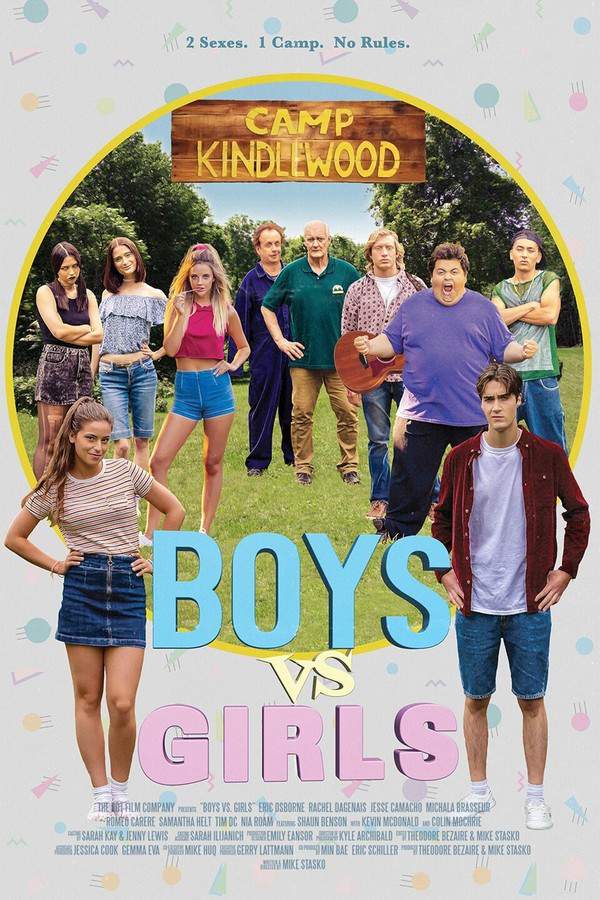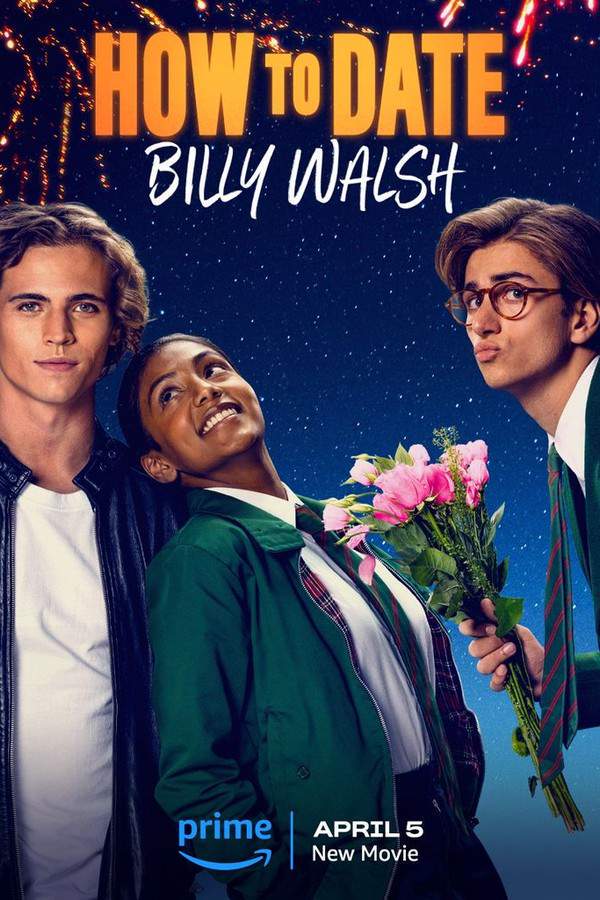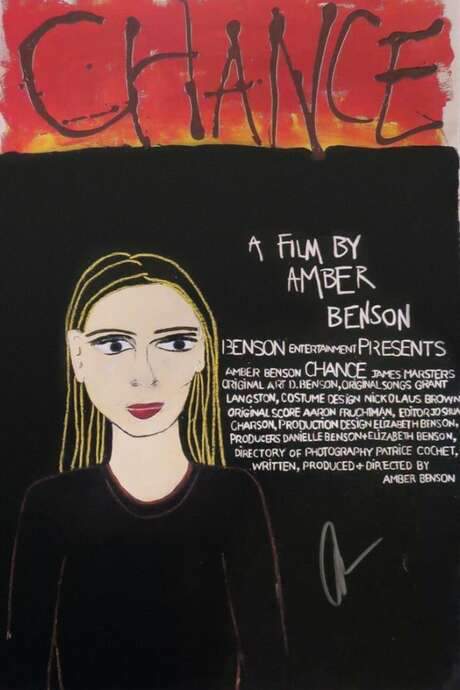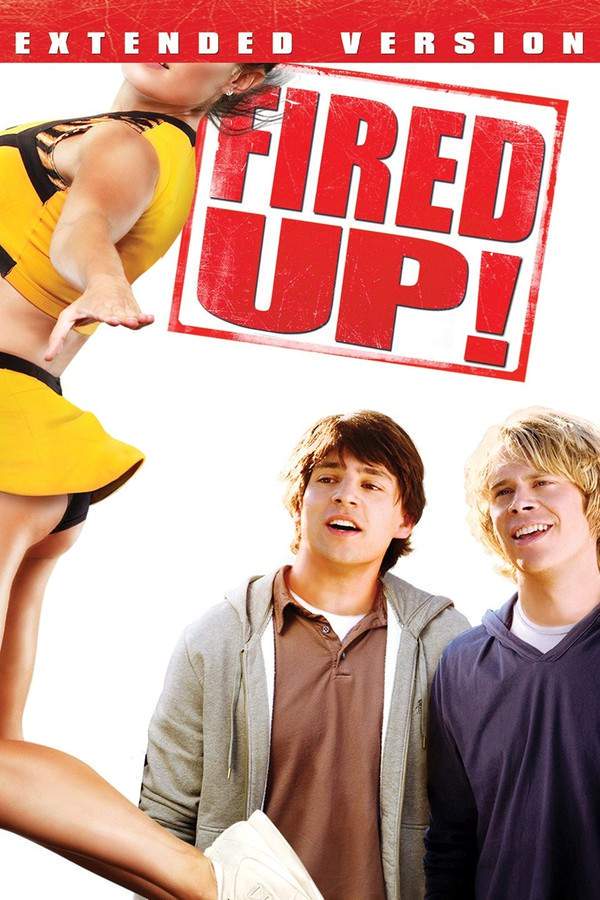
Happy Campers
Year: 2001
Runtime: 94 mins
Language: English
Director: Daniel Waters
The excitement is In-tents! Chaos and rampant hormones reign when teenage counselors are left in charge during their summer-camp director’s absence.
Warning: spoilers below!
Haven’t seen Happy Campers yet? This summary contains major spoilers. Bookmark the page, watch the movie, and come back for the full breakdown. If you're ready, scroll on and relive the story!
Happy Campers (2001) – Full Plot Summary & Ending Explained
Read the complete plot breakdown of Happy Campers (2001), including all key story events, major twists, and the ending explained in detail. Discover what really happened—and what it all means.
When the rule-enforcing camp director at Camp Bleeding Dove is struck by lightning, the counselors are left to steer their campers—and themselves—through the last days of the session. Among them are Wichita, Brad Renfro a brooding and intellectual teen; Wendy, Dominique Swain guileless and unabashedly religious; Talia, Emily Bergl an outcast and former college friend of Wichita’s; Pixel, Jaime King a waifish hippie who baths in the camp lake; Jasper, an openly gay man; the brutish Adam, Jordan Bridges; and Donald, Justin Long a nerdy and unconfident virgin.
Wichita, Brad Renfro initially finds himself repulsed by Wendy’s opposite beliefs, but attraction grows as they begin to court each other, a private romance watched by the rest of the group. Wichita, an atheist, starts to question his faith after he discovers a childhood photo of himself tucked into the background of one of Wendy’s Mount Rushmore family pictures; he keeps this discovery to himself, choosing silence over confession. As their bond deepens, the two finally acknowledge their feelings, and Wendy loses her virginity to Wichita after an allergic bee-sting triggers a dangerous reaction.
Meanwhile, Talia, who harbors feelings for Wichita, grows disillusioned when he confesses that he simply wants to be friends. Her suspicion deepens when she learns that Wichita and Wendy are now involved. Donald, pushed by the others, tries to pursue Talia, but she resists his advances. In a bid to test Wichita’s sincerity, Wendy enlists Pixel to tempt him in the woods. Wichita overhears the scheme, and when he is pressed, he kisses Pixel in front of her. Wendy, overwhelmed by the moment, flees in tears, convinced that Wichita’s feelings were not genuine.
On the penultimate day of camp, Wichita reveals that he had purposely failed Wendy and Pixel’s test, admitting that his emotions were more complicated than either of them understood. That same day in the woods, Adam confronts Pixel about their sexual relationship, and she bluntly tells him it was just a fling. Back in the mess hall, Donald and Talia spark a riot with the campers, who surge into the woods in body paint and hurl condoms fashioned into water balloons at Adam, Pixel, Wichita, and Wendy.
The next morning, as Wendy and Pixel prepare to leave, Wendy notices that half of her Mount Rushmore family photo has been torn off—the piece Wichita had secretly taken and eaten to destroy any trace of it. As the campers and counselors prepare to depart, the children confess how much they meant to each of them. On the bus ride home, Wendy is seated next to Wichita, with Donald snapping a photo of them—captured with a camper between them—which later appears on the cover of the following year’s camp staff manual.
Last Updated: October 09, 2025 at 15:30
Explore Movie Threads
Discover curated groups of movies connected by mood, themes, and story style. Browse collections built around emotion, atmosphere, and narrative focus to easily find films that match what you feel like watching right now.
Bittersweet summer coming-of-age movies like Happy Campers
Coming-of-age stories set during a single, formative summer that ends with a mix of hope and nostalgia.If you liked the mix of summer fun and wistful goodbyes in Happy Campers, you'll enjoy these movies. This collection features films about formative summers, teenage romance, and the bittersweet feeling of moving on, perfect for fans of nostalgic teen comedies and similar coming-of-age stories.
Narrative Summary
The narrative follows a group of characters, often teenagers, through the concentrated timeline of a summer. The plot revolves around personal growth, romantic entanglements, and friendship, culminating in an ending that acknowledges the joy of the experience while also accepting its inevitable conclusion.
Why These Movies?
They are grouped by their shared setting of a fleeting summer and their emotional core, which balances youthful exuberance with a bittersweet, nostalgic tone. The pacing is steady, focusing on character arcs, and the emotional weight remains light to medium, making the endings feel earned but not devastating.
Chaotic ensemble teen comedies similar to Happy Campers
Stories where a group of teenagers navigate hilarious misunderstandings and hormonal chaos.For viewers who enjoyed the hormonal chaos and multiple character arcs in Happy Campers, this list highlights similar movies. Discover films featuring groups of teenagers, juvenile rebellion, comedic misunderstandings, and a lighthearted tone, perfect for fans of movies like Happy Campers.
Narrative Summary
The plot is straightforward and driven by the interweaving stories of an ensemble cast. Narrative conflict stems from romantic pursuits, social hierarchies, and comedic schemes, leading to a climactic event that brings all the characters and their conflicts together in a chaotic but ultimately harmless way.
Why These Movies?
They share a specific comedic tone focused on the awkward, earnest, and often ridiculous behavior of teenagers. The pacing is steady as it balances multiple character arcs, and the intensity is medium, deriving from interpersonal drama rather than high stakes, ensuring a fun, lightweight watch.
Unlock the Full Story of Happy Campers
Don't stop at just watching — explore Happy Campers in full detail. From the complete plot summary and scene-by-scene timeline to character breakdowns, thematic analysis, and a deep dive into the ending — every page helps you truly understand what Happy Campers is all about. Plus, discover what's next after the movie.
Happy Campers Timeline
Track the full timeline of Happy Campers with every major event arranged chronologically. Perfect for decoding non-linear storytelling, flashbacks, or parallel narratives with a clear scene-by-scene breakdown.

Characters, Settings & Themes in Happy Campers
Discover the characters, locations, and core themes that shape Happy Campers. Get insights into symbolic elements, setting significance, and deeper narrative meaning — ideal for thematic analysis and movie breakdowns.

Happy Campers Spoiler-Free Summary
Get a quick, spoiler-free overview of Happy Campers that covers the main plot points and key details without revealing any major twists or spoilers. Perfect for those who want to know what to expect before diving in.

More About Happy Campers
Visit What's After the Movie to explore more about Happy Campers: box office results, cast and crew info, production details, post-credit scenes, and external links — all in one place for movie fans and researchers.

Similar Movies to Happy Campers
Discover movies like Happy Campers that share similar genres, themes, and storytelling elements. Whether you’re drawn to the atmosphere, character arcs, or plot structure, these curated recommendations will help you explore more films you’ll love.
Explore More About Movie Happy Campers
Happy Campers (2001) Scene-by-Scene Movie Timeline
Happy Campers (2001) Movie Characters, Themes & Settings
Happy Campers (2001) Spoiler-Free Summary & Key Flow
Movies Like Happy Campers – Similar Titles You’ll Enjoy
Wet Hot American Summer (2001) Movie Recap & Themes
Fired Up! (2009) Ending Explained & Film Insights
Wild Camp (2005) Film Overview & Timeline
Camping (2006) Plot Summary & Ending Explained
Those Happy Days (2006) Plot Summary & Ending Explained
The First Turn-On!! (1983) Complete Plot Breakdown
Happy High School (1986) Movie Recap & Themes
Camp Twilight (2020) Movie Recap & Themes
Party Camp (1987) Full Summary & Key Details
The Happy Camper (2023) Plot Summary & Ending Explained
Teenage Hitchhikers (1974) Ending Explained & Film Insights
Carnal Campus (1978) Full Movie Breakdown
Campus Teasers (1976) Film Overview & Timeline
Love Camp (1977) Movie Recap & Themes
Campus Swingers (1972) Plot Summary & Ending Explained

